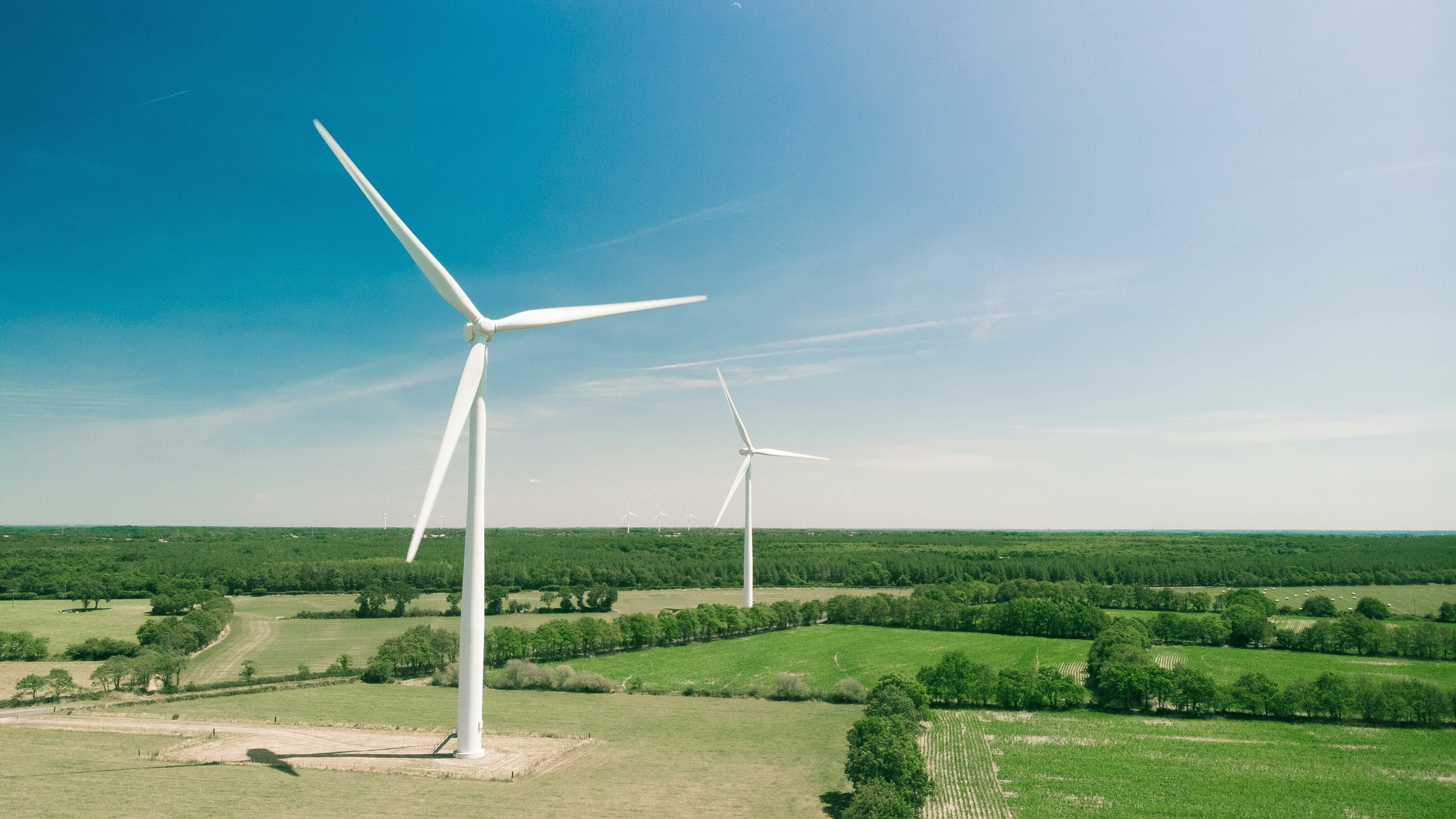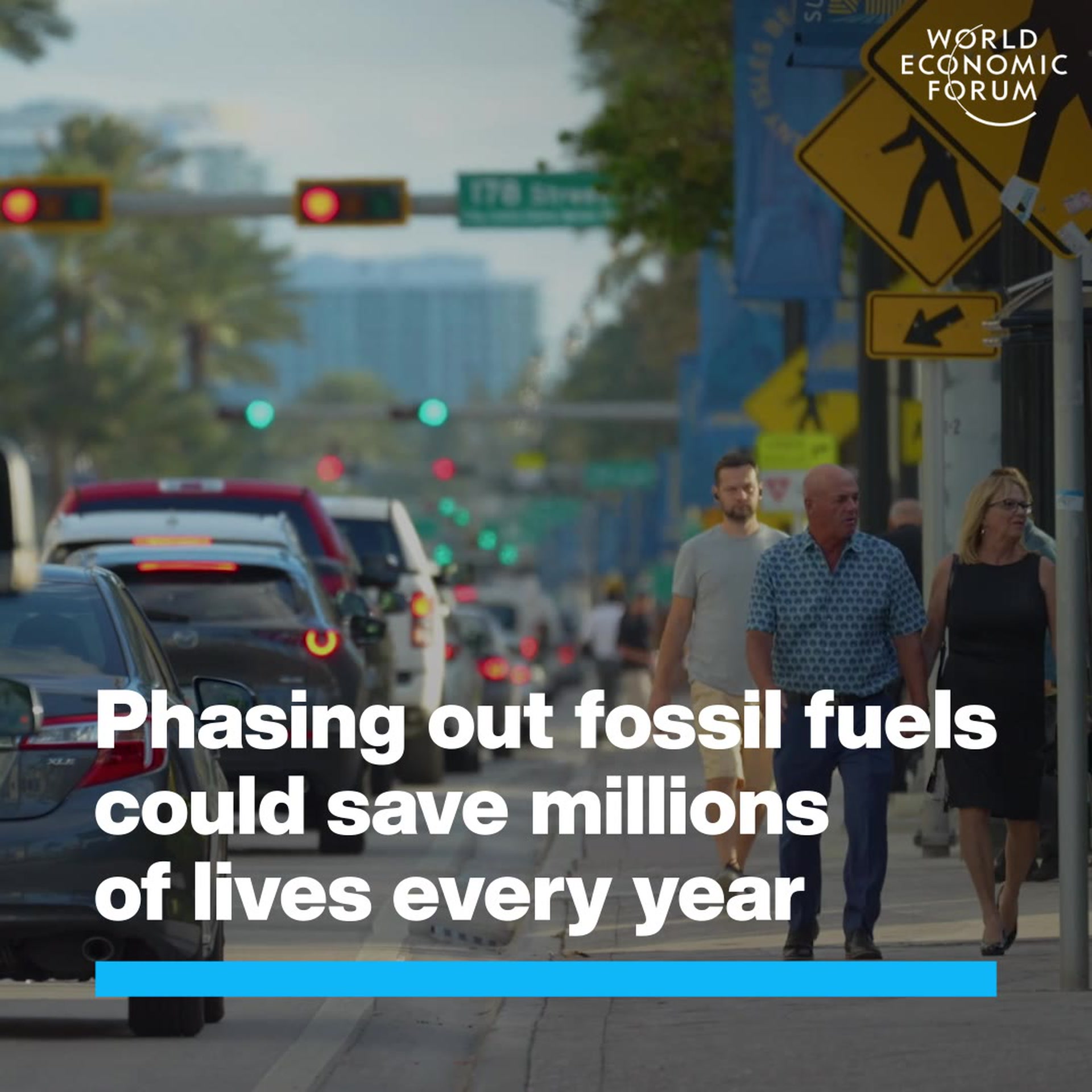Air pollution statistics - Most of us are still breathing dangerously polluted air

More and more people are being exposed to rising levels of air pollution. Image: REUTERS/Anushree Fadnavis

Get involved with our crowdsourced digital platform to deliver impact at scale
Stay up to date:
Air Pollution
- Outdoor air pollution was estimated to have caused 4.2 million premature deaths worldwide in 2016.
- As per global air pollution statistics, highest concentrations of air pollution are in Asia.
- Lockdowns due to COVID-19 show how quickly pollution can be cut.
Vast swathes of the global population are still exposed to dangerous and increasing levels of air pollution, despite initiatives to clean up our atmosphere and an awareness of the dangers.
A majority of people continue to be exposed to levels of air pollution substantially above World Health Organization (WHO) air quality guidelines, making air pollution a major and increasing threat to public health, according to a new study published in the journal Climate and Atmospheric Science.
Low- and middle-income countries experience the biggest burden, with the highest concentrations seen in Central, Eastern Southern and South-Eastern Asia, according to the team of researchers, led by Professor Gavin Shaddick at the University of Exeter.
“While long-term policies to reduce air pollution have been shown to be effective in many regions, notably in Europe and the United States, there are still regions that have dangerously high levels of air pollution,” Shaddick told science news platform EurekAlert!. “Some as much as five times greater than WHO guidelines, and in some countries air pollution is still increasing.”
Air Pollution and Risk to health
Outdoor air pollution is a major environmental risk to health, according to the WHO, contributing to diseases including stroke, heart disease, lung cancer and asthma. In 2016, it was estimated to have caused 4.2 million premature deaths worldwide.

Egypt and India are among the countries with the most annual deaths from outdoor particulate matter pollution, with 111 and 69 deaths per 100,000 population, according to the Institute for Health Metrics and Evaluation and Our World in Data, while Finland and Sweden have the lowest rates at 8 per 100,000.
For the University of Exeter study, the research team examined trends in global air quality between 2010 and 2016, against a backdrop of efforts to improve air quality.
Air pollution statistics found that globally, the population exposed to PM2.5 levels above the WHO's air quality guidelines has fallen from 94.2% in 2010 to 90.0% in 2016. This was driven mostly by decreases in North America and Europe, and other regions saw very little improvement.
Investments in our future
“Cooperation across sectors and at different levels, urban, regional, national and international, is crucial,” the researchers wrote. “Policies and investments supporting affordable and sustainable access to clean energy, cleaner transport and power generation, as well as energy-efficient housing and municipal waste management can reduce key sources of outdoor air pollution.”
Policies and investments supporting cleaner transport, energy-efficient homes, power generation, industry and better municipal waste management would reduce key sources of outdoor air pollution, the researchers said.
Lockdowns in the wake of the COVID-19 pandemic sent air pollution levels plummeting around the world, because of reduced factory output and car use. The new global scenario gave policy-makers an opportunity to see how effective addressing air pollution would be, according to Dr Maria Neira, WHO Director, Public Health, Environmental and Social Determinants of Health.
What is the World Economic Forum doing to manage emerging risks from COVID-19?
“No matter what, we have to tackle the causes,” Neira said in an interview. “During the confinement, in many countries, during that period, it was like a laboratory. Take the example of New Delhi – they were so happy to see a blue sky that for many years they couldn’t see. And the levels of air quality were so good that it was something absolutely exceptional for them.”
She said governments need to focus on a “healthy and green recovery” as they undertake stimulus packages to bolster their economies in the wake of the pandemic.
The Great Reset
This underscores the importance of moving toward cleaner and more sustainable sources of energy, stopping paying subsidies for fossil fuels, as well as improving public transport in cities, she said.
What's the World Economic Forum doing about the transition to clean energy?
The World Economic Forum has started The Great Reset initiative, to underline the urgent need for global stakeholders to cooperate as we emerge from the COVID-19 crisis. As part of that, the Electricity Industry Action Group is working to provide energy stakeholders and policy-makers with the tools to make decisions on investments which accelerate the energy transition and lead the world into a sustainable future.
Don't miss any update on this topic
Create a free account and access your personalized content collection with our latest publications and analyses.
License and Republishing
World Economic Forum articles may be republished in accordance with the Creative Commons Attribution-NonCommercial-NoDerivatives 4.0 International Public License, and in accordance with our Terms of Use.
The views expressed in this article are those of the author alone and not the World Economic Forum.
Related topics:
The Agenda Weekly
A weekly update of the most important issues driving the global agenda
You can unsubscribe at any time using the link in our emails. For more details, review our privacy policy.
More on Air PollutionSee all
Shirley Rodrigues, Iyad Kheirbek and Magdalena Młochowska
March 18, 2024
Andrea Willige
March 6, 2024
Angel Hsu, Diego Manya and Chester Ling
February 6, 2024
Bas Henzing and Ruben Goudriaan
January 15, 2024
November 30, 2023









